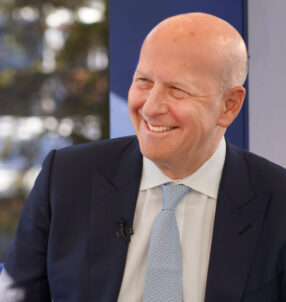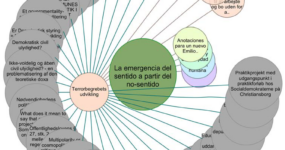Eric Alexander, president of business in Asia for Uber Inc. talks about surpassing rival Ola in terms of market share in India, learnings from different global markets and about Uber’s strategy to partner with local companies to perform better locally.
Edited excerpts from an interview:
Uber is currently No. 2 in India and in China. How are these markets shaping up for you, especially India?
India and China are the two fastest growing markets in the world for Uber, period. India has grown very fast at almost 40% month over month.
In January last year, we were at 5% market share. Now we are right at the edge of 50%. I would say that within the next 30 days we would beat them (Ola). We will surpass them very, very shortly.
We have grown faster in our core business and we have focused really hard on quality. Scale and quality are two really difficult things in this business, we have tried to focus hard on quality and that has helped us win.
Your competitors Ola, Didi Kuadi, Grab and Lyft have formed a so-called global alliance. How are you preparing to tackle their combined might?
My opinion is that it’s a great announcement. But the way I look at the business is that the customers drive our core business. So you use Uber in Mumbai on regular basis, if you go to Delhi you will use Uber there too.
Let’s say when you travel to Thailand, you know our product, so you are going to use it there too.
We are yet to see what kind of experience it is like to do cross dispatch of bookings inside the app and it will be interesting to see how they do it. That’s a lot of work, probably lot of engineering effort that I would argue won’t be a needle moving factor in the business.
We think that if we can win you at home then we can win you abroad. We believe that our brand globally and internationally will be much better received by customers. You got four different brands, you have Lyft, Didi, Grab and Ola, whereas you have just one Uber across the world.
If I just stay focused on my core business and continue to move customers and keep them happy, they are going to use us wherever they go.
What are the learnings that you’ve acquired from other markets such as China, which you have implemented here in India or elsewhere?
We are present in 400 cities across 68 countries. We have learned a lot from opening all those cities over time. So we have got faster, better, with less expenses added.
One of the biggest lessons is that the way to succeed in local markets is to partner locally. You cannot do everything on your own.
We hire the sons and daughters of India to run our business in India. We think we are just as local as Ola is.
In India you have partnered with several startups, Zomato and Practo being some of them. Are you looking at more partnerships with Indian startups?
You will see some interesting ones being announced shortly. Any service that requires people to move, and there are a lot of them, you will see us integrating the Uber experience in them.
These partnerships will span areas such as airlines, hotels, railways etc.
All of these things matter greatly for making our product accessible and easy for the consumer.
We already do a lot of work with PayTM and you have seen us do a deal with Tata.
You will see us tying up with companies in technology, e-commerce, travel, hospitality and financial services.
What are some of the challenges in the Indian market that you are still trying to tackle?
The biggest challenge is scaling the business and hiring great people faster. We are more than 300 people in the Indian team and we need to hire more.
There are so many smart people to hire here but there is so much competition in this market right now: that’s the hardest thing. India is producing a lot of great start-ups and great talent and the hard thing is, as you grow bigger as a company, you are perceived to be less startup.
Also, scaling the business is challenging and hard. On the supply side, you know we have to add hundreds and thousands of drivers this year and that means getting that many cars. Some of those drivers do not have a car and that’s a major entry barrier.
[“source-Livemint”]




























